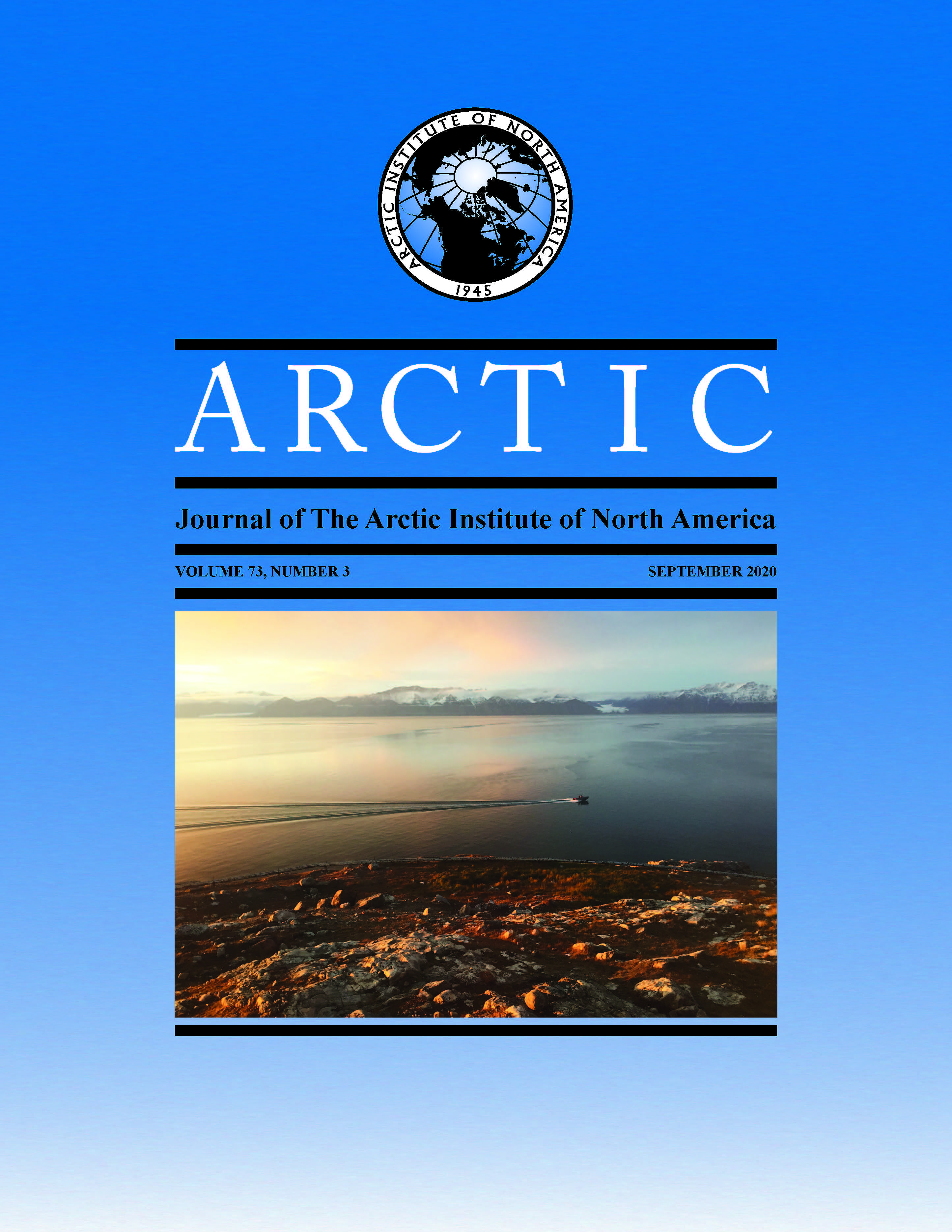“We Hardly Have Any Moose Around Here Anymore”: Climate Change and the Barriers to Food Security in the Dehcho Region, Northwest Territories
DOI:
https://doi.org/10.14430/arctic71082Keywords:
food security; climate change; Indigenous peoples; rural communities; subarctic; food procurementAbstract
Rural Indigenous communities across northern Canada are experiencing high rates of food insecurity as a result of complex constraints to accessing quality market foods and engaging in local food procurement. Climate change is impacting the ability of northern Indigenous communities to acquire, access, and utilize food that is culturally relevant and sustainable. This research examines the interconnected sociocultural, political, economic, and environmental challenges related to food security in the community of Fort Providence situated in the Dehcho Region of the Northwest Territories. The objective of this research was to consult with community members to understand the impacts of climate change on local food procurement and to explore the myriad challenges related to food security. We utilized Indigenous methodologies to guide all aspects of the research. Evidence was collected using semi-structured interviews with Dene and Métis Elders, knowledgeable land-users, and other community members. Our research demonstrates that changing hydrological systems and ecosystems, unpredictable weather patterns, the presence of non-local harvesters, the loss of traditional knowledge, and the high costs of living in a rural northern community impact local food security. The results of this research can inform policies that reflect the needs of residents, address the distinct barriers to procuring local food, and provide a basis for understanding the complexities of food security in the Dehcho and other subarctic regions.


